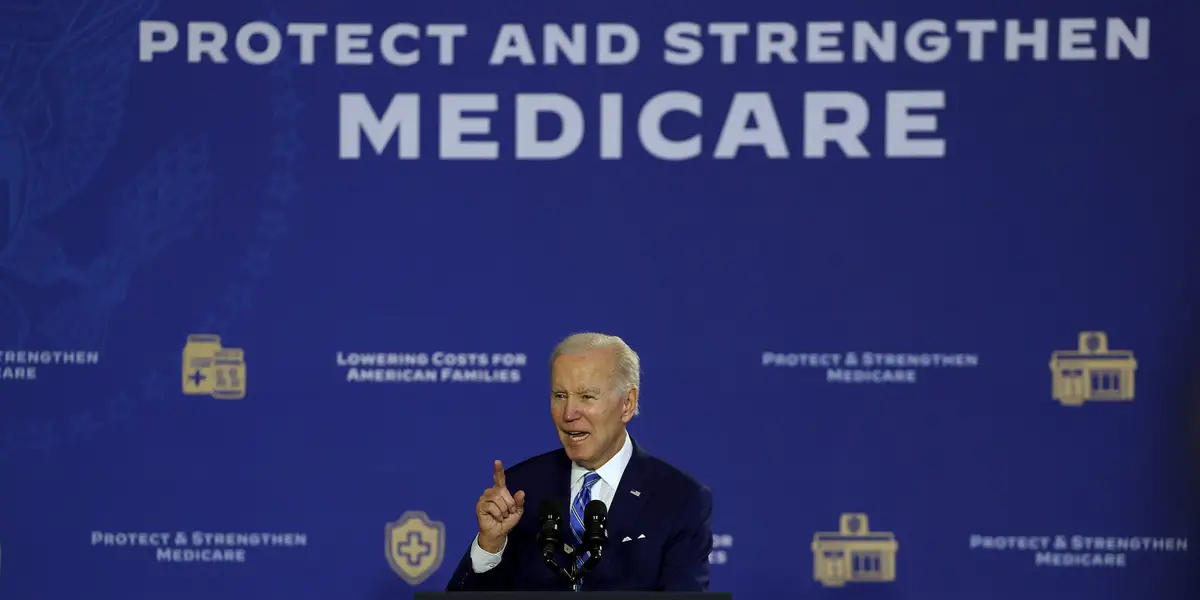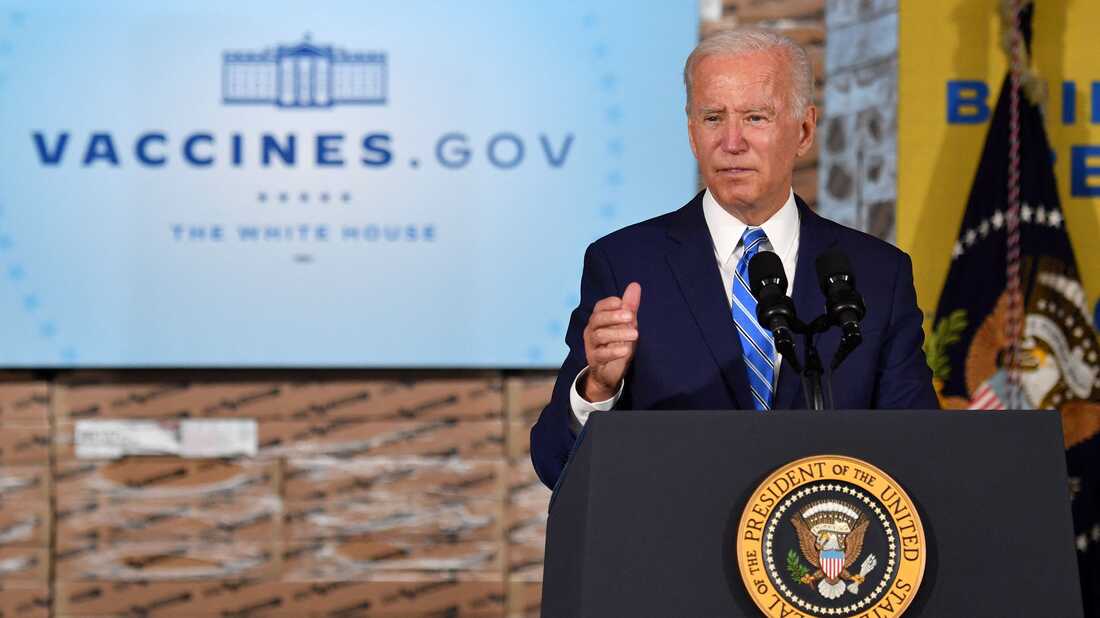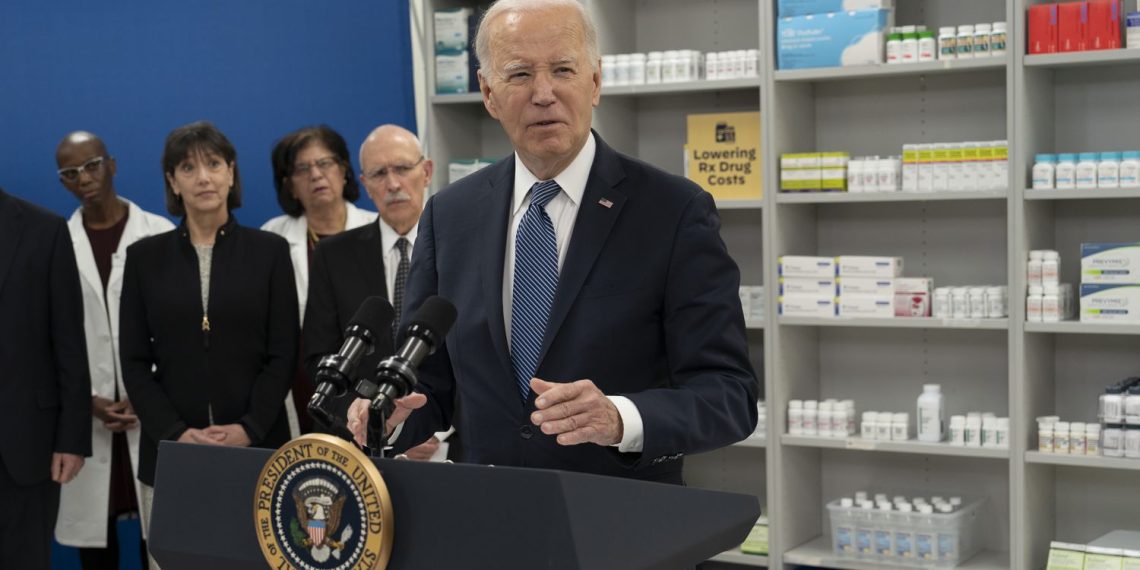President Joe Biden plans to urge Congress to expand the scope of drugs subject to annual price negotiations under Medicare in his upcoming State of the Union address, according to the White House.
This negotiation initiative, established as part of the 2022 Inflation Reduction Act, empowers Medicare to engage in price discussions with pharmaceutical companies, aiming to lower costs for Medicare beneficiaries, primarily those aged 65 and above.
Presently, the program allows for the negotiation of 10 to 20 drugs annually until 2029. However, Biden will propose increasing this quota to at least 50 drugs per year, as stated by White House domestic policy adviser Neera Tanden.

Negotiations for the initial set of 10 drugs commenced last month, with price adjustments slated for implementation in 2026. The legislation outlines an incremental increase in negotiation allowances, with 15 drugs per year in 2027 and 2028, and a subsequent rise to 20 drugs annually from 2029 onwards.
Despite Biden’s similar proposal last year, Congress did not act upon it. Any amendments to the Inflation Reduction Act would require bipartisan support in a divided Congress.
The pharmaceutical industry and related groups have contested the negotiation program through legal challenges, arguing violations of their property rights under the U.S. Constitution. Nevertheless, courts have upheld the legislation multiple times.

Lowering healthcare costs remains a central theme in Biden’s reelection campaign for 2024. In addition to advocating for an expansion of Medicare benefits, such as capping out-of-pocket prescription costs at $2,000 by 2025, Biden also aims to extend these benefits to private insurance plans.
Furthermore, he seeks to enforce a requirement for pharmaceutical companies to issue rebates to Medicare for price hikes exceeding inflation, applicable to commercial drug sales too. Another proposal involves capping out-of-pocket expenses for common generic drugs at $2 for Medicare beneficiaries.





